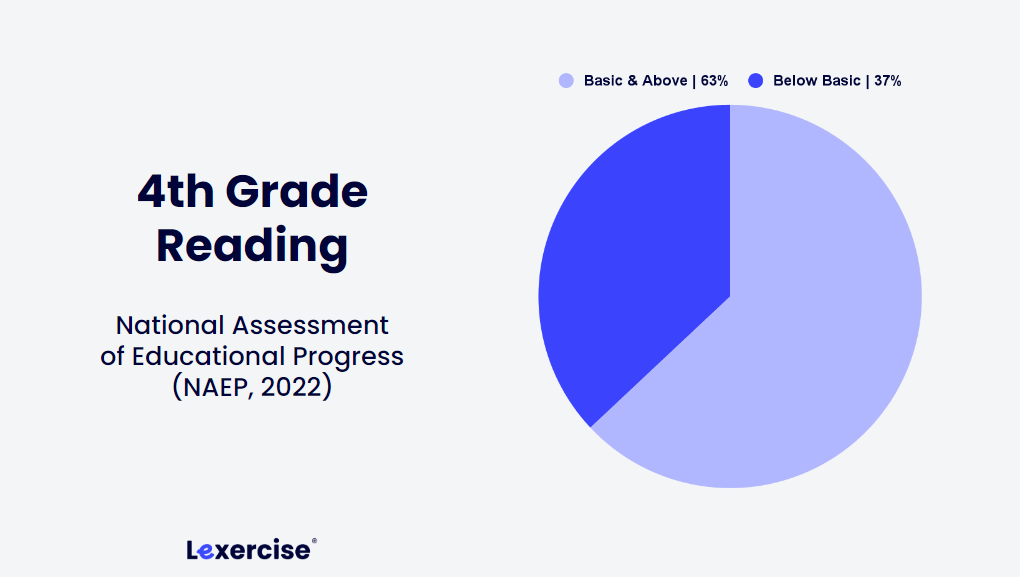How to Help a Child with Dyslexia at Home: What Parents Can Do
Written by Sandie Barrie Blackley, MA/CCC
Published on May 18, 2022
Many students in the United States today are struggling readers. The U.S. Department of Education National Center for Education Statistics evaluates reading comprehension every two years. According to the 2022 National Assessment of Educational Progress more than a third of 4th graders read at a below basic level and struggle to understand their school work. Not surprisingly, these challenges are even more acute for students with dyslexia.

How Can I Help My Struggling Reader at Home

Most struggling readers do not qualify for public school special education services, but parents can do a lot to help – right at home. These are simple steps that can benefit the entire family, whether or not children have been diagnosed with dyslexia.
Activities to Do Every Day
- Set aside a family read-aloud time.
- Designate an adult or other skilled reader for each session.
- Select materials that interest the child and that the child can understand as a listener. (Your local librarian can help.)
- The reader should sit next to the child and encourage them to follow along, looking at the words on the page as they are spoken.
- Stop from time to time for a little conversation about the story and the characters. Ask questions to make sure the child is following the story and answer any questions they may have.
- Discuss the meaning of any new or unusual words that come up during the day. If a word has an interesting spelling pattern, point it out.
- Encourage and model a growth mindset.
- Encourage deliberate practice and model it, showing the child how people get good at what they practice.
- Respond to errors in a way that helps the child understand that mistakes are helpful. They help us improve.
Activities to Do Several Times a Week
- Engage your child in brief writing tasks such as personal notes, making lists, recording events in a diary or on a calendar, etc.
- Encourage and model writing by hand, with legible and consistent letter formation.
- Provide guidance for accurate spelling and sentence punctuation.
- Model and support the use of digital technologies like keyboarding with a sentence-level spelling and grammar checker or project management using a digital calendar.
Is Difficulty Reading the Same as a Diagnosis of Dyslexia?
No. But whether a student has dyslexia or not, being unable to read can lead to a lifetime of struggles with daily living. For example, beyond completing their school work, individuals who cannot read may later find themselves unable to:
-
- apply for a job or take a test to advance to a new position
- read a menu or a map
- follow written instructions
- take a driver’s license test
- manage health care decisions, medications, and dosages (their own and others’)
- follow a recipe
- work with technology
- communicate on social media
- make informed decisions
- live independently
- vote
- follow operating instructions
- help with homework and read to their own children
Poor reading skills have been shown to result in higher rates of unemployment, lower-quality jobs, lower-income, and reduced self-esteem.
If your child struggles with reading, writing, or spelling, consider getting help from a qualified structured literacy professional. Learn more about dyslexia testing and structured literacy reading, writing, and spelling therapy for children.
If you are a parent with questions on how to better help a child with dyslexia through proven treatment options, contact us today for a free consultation.
Improve Your Child’s Reading
Learn more about Lexercise today.
Schedule a FREE
15-minute consultation



Leave a comment